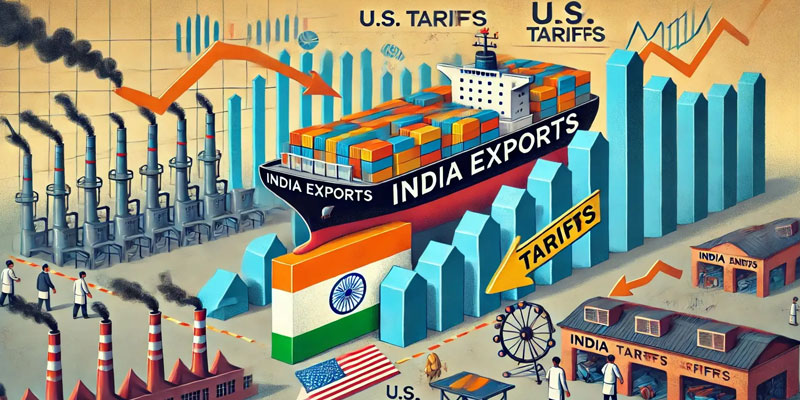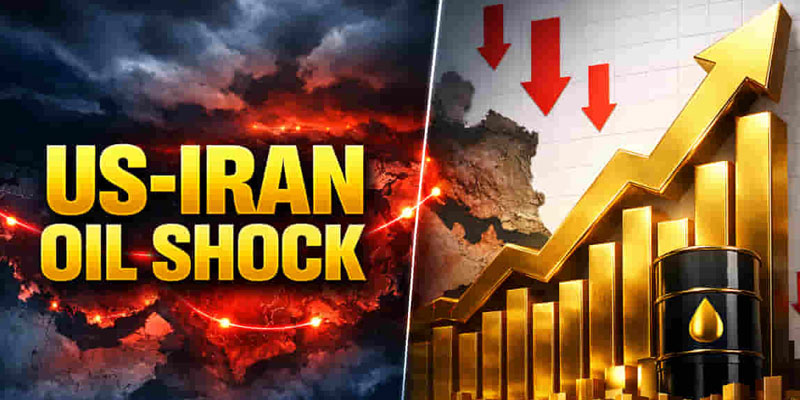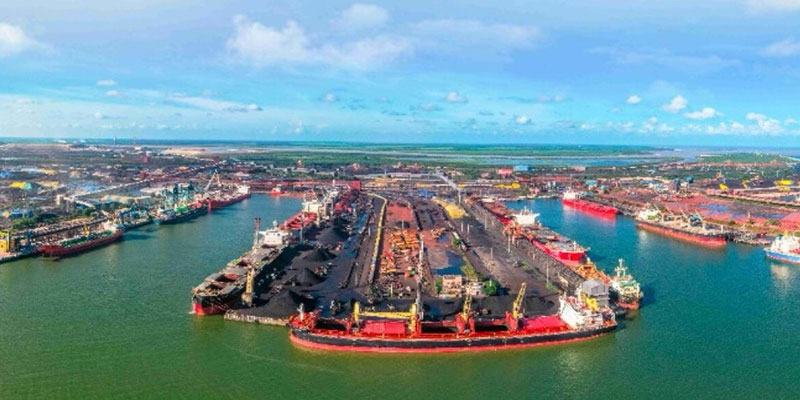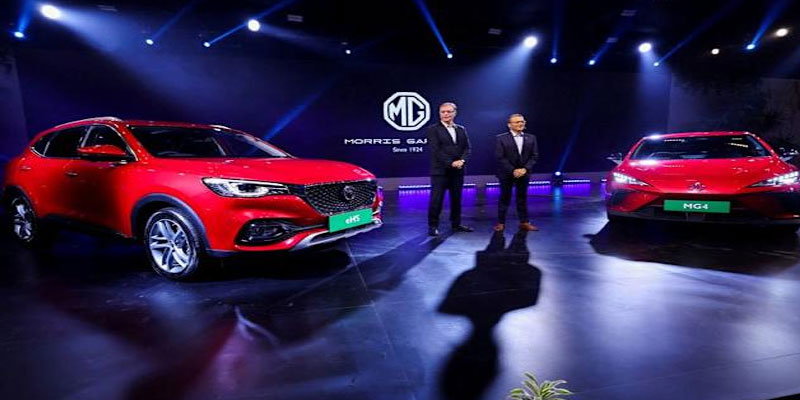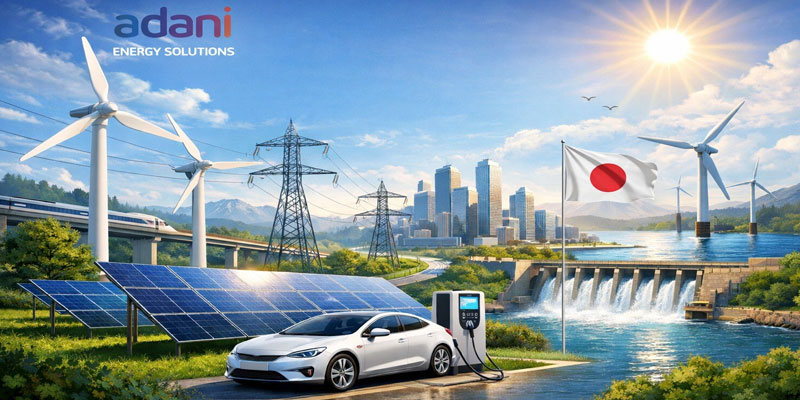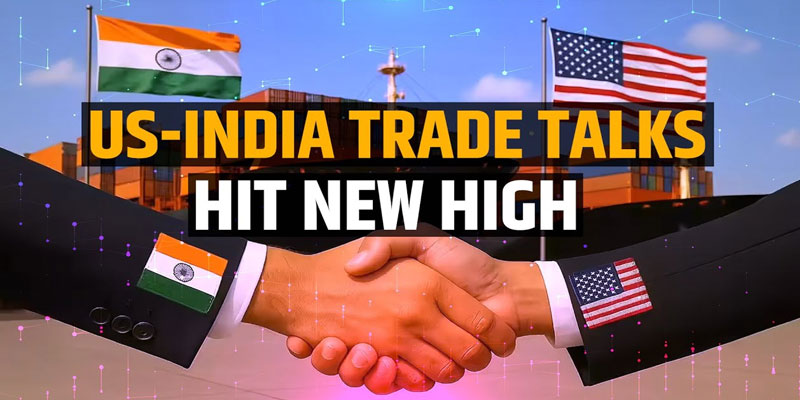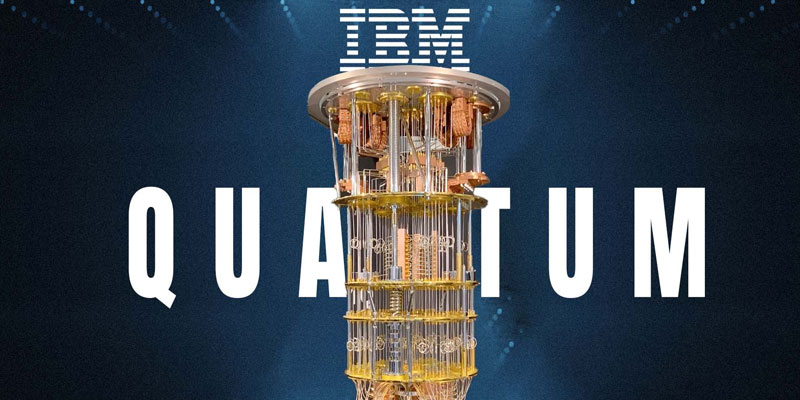Steel and Aluminium Tariffs Strain Trade Ties
Bilateral trade negotiations between India and the United States are approaching a crucial phase, as India considers retaliation at the World Trade Organization (WTO) over renewed tariffs on steel and aluminium. The decision, however, hinges on the outcome of ongoing bilateral trade agreement (BTA) talks.
The issue began escalating after the US, under its national security rationale, reimposed a 25% tariff on steel and 10% on aluminium in March 2025 — a policy that intensified further with a tariff hike to 50% from June 4. These sectoral tariffs, affecting multiple trading partners including India, have sparked renewed tensions reminiscent of the Trump-era trade disputes.
New Delhi is treading carefully for now. According to officials familiar with the matter, India has not initiated retaliatory measures yet, choosing instead to allow the ongoing BTA talks to proceed. However, it is keeping the option of retaliation open, especially if no resolution is reached before the July 9 deadline, which marks the end of a 90-day pause in reciprocal tariffs previously announced.
Trade Talks Under Pressure: Interim Deal by July?
Efforts are underway to secure an interim trade agreement by July 9, 2025, with hopes of finalising a comprehensive deal by Fall 2025. India’s priorities in these negotiations go beyond just rolling back the 26% reciprocal tariffs (including the base levies). It seeks meaningful concessions on sector-specific tariffs — especially those targeting steel, aluminium, and automobiles.
The pressure is mounting as the current scenario closely mirrors the 2018 standoff, when India had responded with retaliatory tariffs on 28 US goods (such as apples, walnuts, and lentils) after the US imposed similar steel and aluminium duties. Those tariffs were rolled back in 2023, following partial resolution through import quotas introduced by the Biden administration.
An industry expert observed, “Things are unclear without a concrete negotiation template. The recent UK-US FTA shows some flexibility on auto tariffs but offers limited clarity on steel and aluminium.”
WTO Complaint: India Challenges US Tariffs
India has formally challenged the US at the WTO, calling the new tariffs safeguard measures wrongly applied. It argues that the duties violate global trade rules and are not justified under the claimed national security exemption.
According to India’s submissions to the WTO, the 25% duties would impact $7.6 billion worth of Indian exports, amounting to $1.91 billion in duties collected by the US. In response, India proposed to suspend equivalent trade concessions on US goods — a legal form of retaliation under WTO rules.
In addition to metals, India has also filed a WTO complaint against the 25% US tariffs on automobiles and auto parts, though it has not yet hinted at countermeasures in this case.
The US continues to defend both tariff moves, citing national security concerns under Section 232 of the Trade Expansion Act, a controversial provision that has been widely criticised for misusing a legal loophole to impose protectionist barriers.
A Repeat of 2018? Or a Turning Point?
The current deadlock risks becoming a rerun of 2018, when tariff skirmishes quickly snowballed into full-fledged retaliatory battles. While the Biden administration had initially reversed some Trump-era policies through negotiation and quota systems, the recent escalation in duties — and the uncertain pace of talks — may push India to respond more assertively.
For now, New Delhi appears willing to give diplomacy a chance, but officials make it clear that retaliation at the WTO is a viable fallback if talks stall. The stakes are high: failure to find common ground may sour broader Indo-US trade relations and disrupt supply chains on both sides.
Pragmatism Must Prevail
India’s calibrated stance reflects a mature trade strategy — one that favours dialogue but doesn’t shy away from using WTO mechanisms when necessary. While national security claims continue to blur the lines between fair trade and protectionism, the BTA talks offer a vital window to resolve disputes without escalation.
If both nations prioritise long-term economic cooperation over short-term political gains, a balanced agreement is possible. The real challenge lies not just in lifting tariffs, but in building a resilient framework for managing future conflicts. A deal grounded in mutual respect and rule-based trade would serve both democracies better than any retaliatory round ever could.
(With agency inputs)


